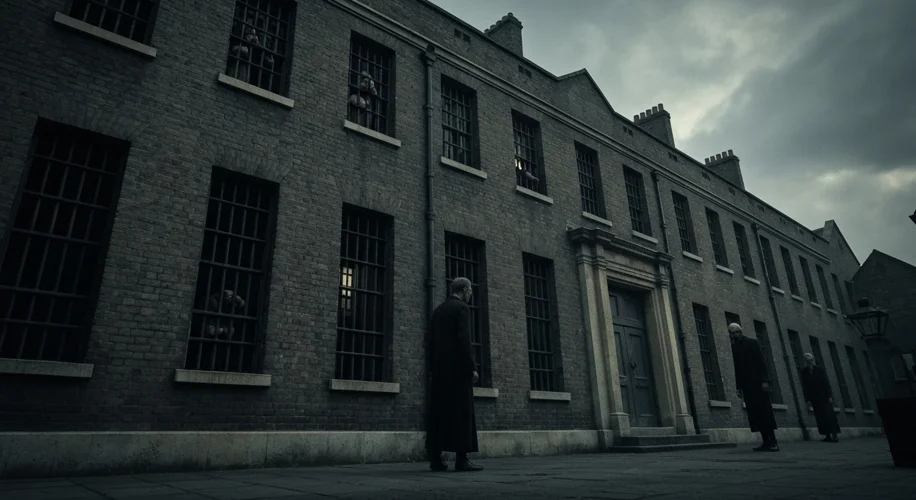The year is 1834. The air in London is thick with the smell of coal smoke and desperation. Inside a grim, imposing building known as a workhouse, men, women, and even children toil under the watchful eyes of stern overseers. Their days are long, their rations meager, and their spirits often broken. This was the stark reality for many of Britain’s poor in the 19th century. But what is often overlooked is the insidious connection between these stark institutions and the vast wealth generated by the British Empire, particularly through the brutal system of chattel slavery.
The Poor Laws, particularly the New Poor Law of 1834, aimed to

